I run valgrind version 3.12.0 from the console like this:
valgrind --log-file="valgrind.log" --leak-check=yes ./application -param
The log seems to be polluted while the application is running which is interesting already because I don't think that a memory leak can be detected with 100% certainty while the application is still running. I guess that in some scenarios (maybe threads) this is not true and valgrind is clever enough to catch those early on?
What really bothers me is that there are multiple "leak summaries" which contain more or less the same information. It seems to me that summaries logged at later stages contain more information.
Below you will find an output of valgrind executed on my Qt application. I used Notepad to list all "definitely" lost entries. You can see that there are tons of leak summaries and I don't know why the contained information is almost the same. Especially the 15 bytes leaked from the constructor of the QApplication is very strange since it is contained in every summary again and again. How does valgrind decide when to create such a summary?
